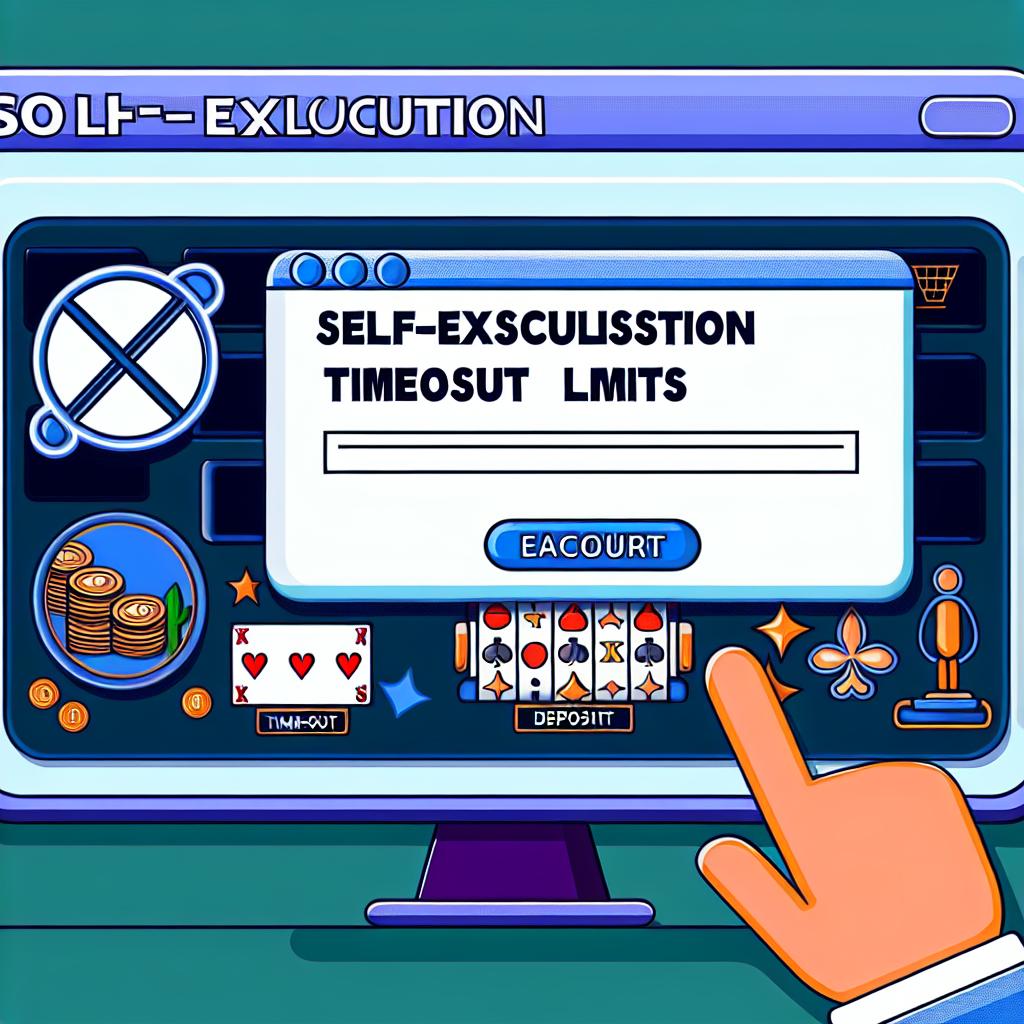
Are there self-exclusion options at online casinos?
Understanding Self-Exclusion at Online Casinos
With the rise of the digital age, online gambling has increasingly captured the attention of millions around the world, offering them immediate and seamless access to an exciting array of games. However, the convenience and accessibility tied to this form of entertainment also necessitate a heightened awareness of responsible gambling practices. One such practice, integral to maintaining balance and control for many players, is self-exclusion. Self-exclusion serves as a proactive approach for those who recognize the need for a break or realize they are grappling with gambling-related issues.
What is Self-Exclusion?
Self-exclusion is a voluntary program crafted to assist individuals in managing their gambling activities by voluntarily restricting their access to online gambling platforms. It operates as a crucial tool for those wanting to distance themselves from gambling activities for a specified duration. Upon activating self-exclusion, players can temporarily or indefinitely suspend their ability to engage with an online casino. This measure serves to create distance, allowing individuals to mitigate the impulse or urge to gamble.
How Does Self-Exclusion Work?
Most reputed online casinos recognize the importance of responsible gambling and incorporate self-exclusion features into their platforms. To activate self-exclusion, players generally need to navigate to their account settings or locate the dedicated section on responsible gambling within the gambling site. Upon initiating self-exclusion, the player’s account is suspended for the chosen length of time, effectively barring access to all gambling services the site offers, including betting and playing games.
Key Features of Self-Exclusion
Duration: A significant feature of self-exclusion is its adjustable duration. Players have the freedom to choose varying timeframes for their self-imposed gambling hiatus, allowing for anything from short breaks to an indefinite departure from gambling activities.
Control: Self-exclusion provides a structured form of control, empowering players to take decisive steps in managing their gambling habits. It allows individuals to actively regulate their access, demonstrating personal responsibility over their gambling behavior.
Non-reversible: A defining aspect of self-exclusion is its non-reversible nature. Once a player commits to self-exclusion and sets the period, their decision remains irrevocable until the exclusion term concludes. This ensures individuals adhere to the commitment they’ve made to refrain from gambling.
Legal and Regulatory Considerations
The operation of self-exclusion is subject to legal frameworks and regulatory oversight, especially in regions where online gambling is heavily regulated. For numerous licensed online gambling operators, offering self-exclusion isn’t merely optional, but a requisite. Regulatory bodies enforce comprehensive guidelines, ensuring that self-exclusion programs function effectively and are user-friendly. This entails online operators providing explicit instructions for players to activate self-exclusion and guaranteeing that those who self-exclude are not solicited with promotional materials or permitted to re-register during the exclusion period.
Organizations such as Gamblers Anonymous play an instrumental role in promoting self-exclusion as a valuable tool for responsible gambling. They offer a wealth of information and support for players seeking to better manage their gambling habits and maintain a healthy approach to online gambling.
As we conclude, the significance of self-exclusion becomes increasingly evident as a fundamental component in the landscape of responsible gambling. For players confronting challenges with gambling, understanding and making informed use of self-exclusion options provides a strategic step towards fostering a healthier relationship with gambling. It underscores the commitment to personal well-being and responsible gaming practices, ensuring that gambling remains an enjoyable and responsible activity rather than a detriment to one’s personal life.






